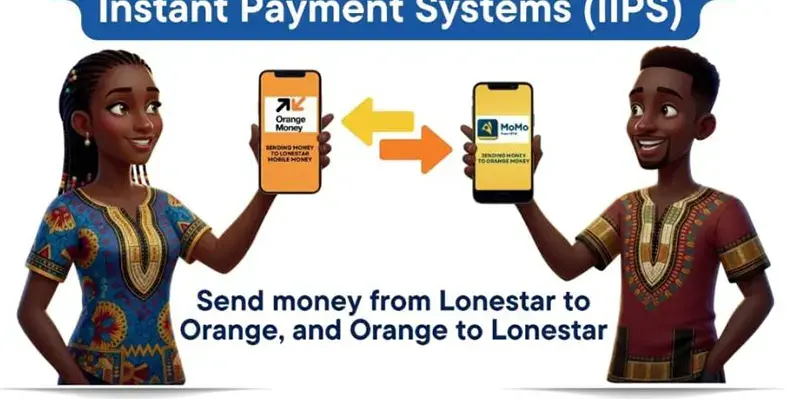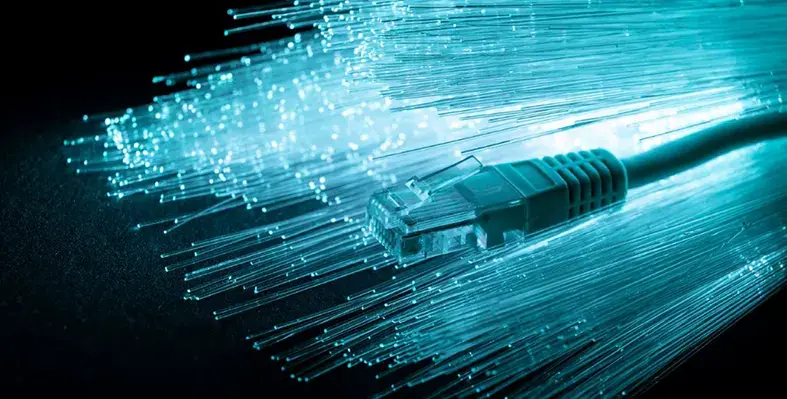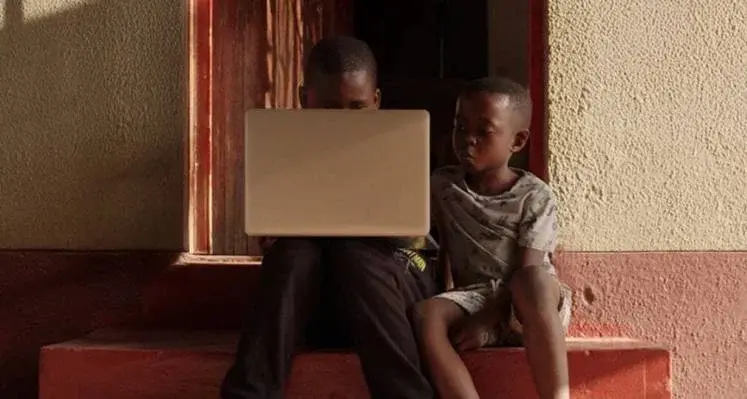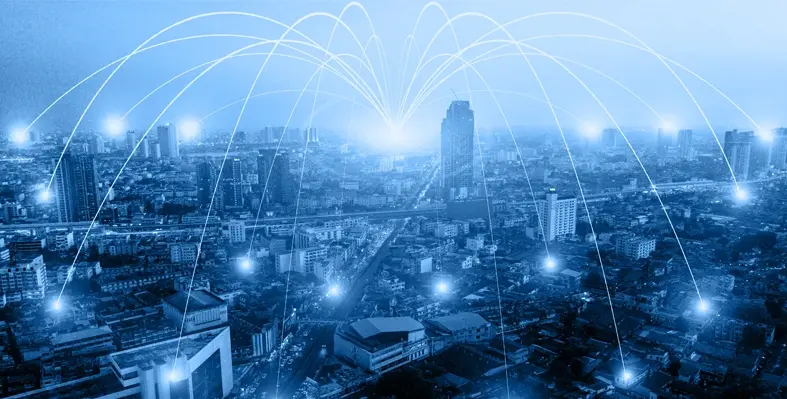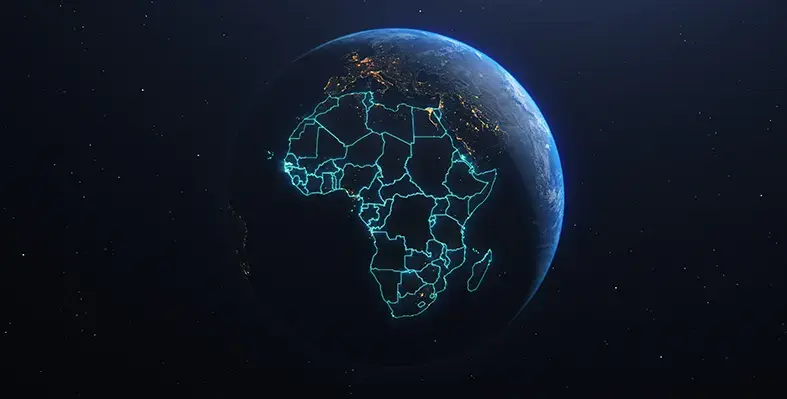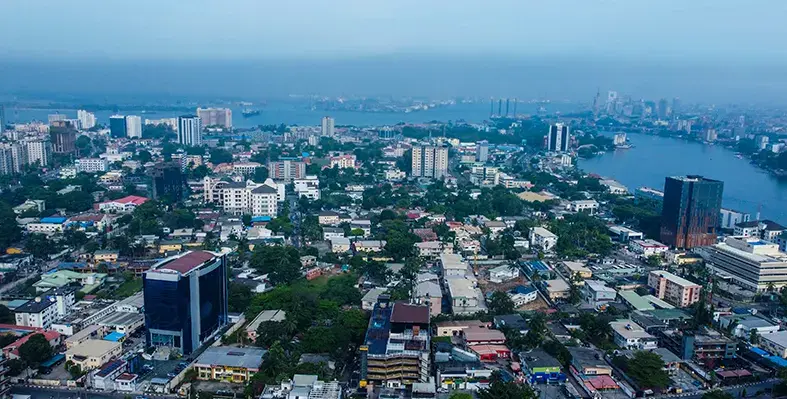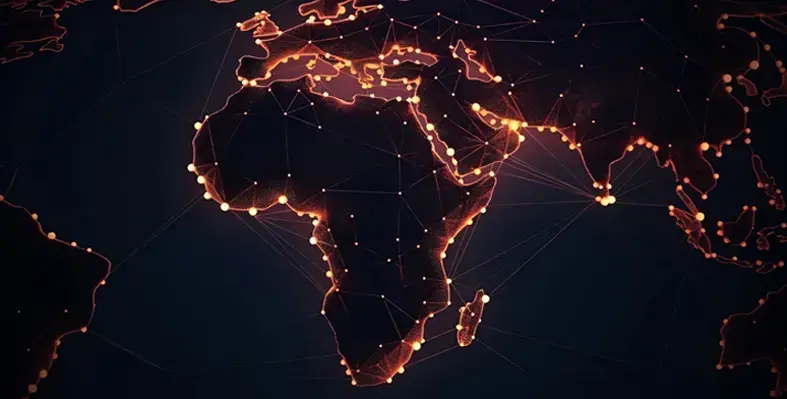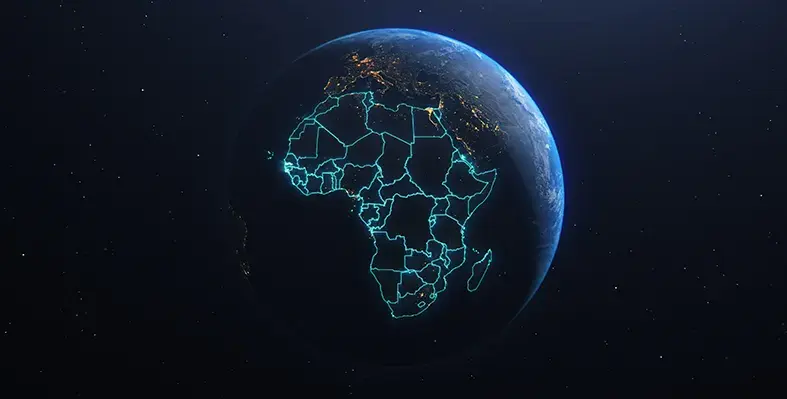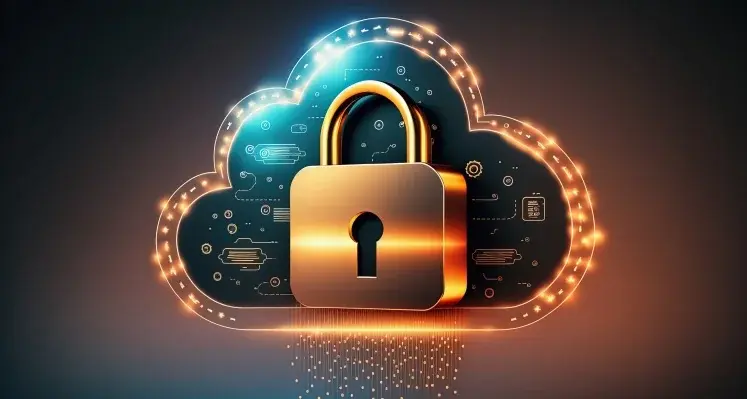“The Internet of Things (IoT), which bridges the digital and physical world, is already making its mark in Africa as smart connected devices are being deployed and the use of connected hardware emerges. However, it has the potential to make a far more significant impact on the region, as long as circumstances specific to the continent are taken into consideration.”
This is according to Bradley Hemphill, Managing Director, EES Live (Pty) Ltd, an ISO 9001:2008 compliant company, which provides network, electronics and electrical services and solutions. EES Live specialises in the integration of multiple system infrastructure including ICT, data centres, security, audio visual, building automation systems and special systems coordination.
The global association for the mobile telecoms industry, Groupe Speciale Mobile Association (GSMA), states that Sub-Saharan Africa has in recent years been the world’s fastest-growing mobile region in terms of both mobile subscribers and mobile connections.
It predicts that the number of individual mobile subscribers in Sub-Saharan Africa is set to surpass the half billion mark by 2020 as mobile services become more affordable and accessible.
However, the IoT, which has a staggering reach globally and is driving companies the world over to redefine their business processes, can make a far more significant impact on Africa and facilitate major digital transformation.
“The IoT can be further developed in Africa to provide a range of innovative new services and solutions to people across the continent, and to gather data and gain insights to bolster efficiency and productivity. It can make a marked impact on numerous industries, as diverse as security, energy, finance and healthcare, and contribute significantly to the economy and wellbeing of the continent’s people,” Hemphill contends.
He emphasises however that when adopting IoT it is vital that issues and circumstances specific to Africa are carefully considered and defined within their unique context, before devising and implementing an appropriate strategy and course of action. The continent’s unique business challenges and socioeconomic conditions must be addressed. An American or European strategy may not be the best fit for the local environment.
There are, for example, some unique barriers to adoption in Africa, such as effective connectivity. “In order for the IoT to work effectively it relies on high speed internet connections and this increases demands on available resources, such as bandwidth and network capacity.”
It is necessary to analyse the digital skills, infrastructure and technology required to connect so many devices and evaluate the data obtained.
There is however potential across the continent for using Big Data Analytics in significant new ways. Research by global scientific research body, ResearchGate, on IoT deployment in Africa, reveals that the introduction of Big Data Analytics means that the abundance of data which is generated daily by the various connected “things” in the IoT network can be processed faster and better.
Another barrier or challenge in Africa is the need to contain the cost of devices and new technology. A positive development here, also according to ResearchGate, is the decline of sensor and bandwidth prices and decrease in the cost of processing in the past ten years. Ubiquitous wireless networks, such as Wi-Fi, too have become cheaper and more accessible.
The availability of power to supply most devices that require automation has been a concern for the continent, but alternative technologies for energy harvesting and ultra-low power devices have been beneficial to IoT.
The sharing of content and data across multiple platforms is integral to IoT. As this initiative gains pace around the world, it becomes increasingly important that this information is secure. Prioritizing cyber security is essential to successful digital transformation.
IoT can be facilitated and the transition made easier through collaboration and the formation of strategic alliances. “Key players, such as government, regulatory authorities, mobile operators, the private sector and other stakeholders, need to work together to optimise the potential of IoT,” Hemphill advises. “This will ensure a shared, integrated, inclusive digital environment facilitating socioeconomic development.”
The IoT and the global technological revolution, the Fourth Industrial Revolution, are profoundly transforming client interactions.
“One of the strategic initiatives of EES Live this year is to grow our business and further expand our footprint in Africa. Our ventures this year into Nigeria and Botswana form part of this initiative. We have a new partner in Lagos and new offices in Gaborone.”
Hemphill concludes: “We are proud to be a part of the digital transformation throughout the African continent and to be working in conjunction with our clients and associates on far-reaching, leading edge developments. Together we strive to make a significant impact and positive difference to the region.”
This release was originally published as a press release on am brief online and is available to view here.












